Social media, sexism and success: here’s what the leaders say
Hundreds of Year 11 girls linked in for The Deal’s special panel discussion with women leaders.
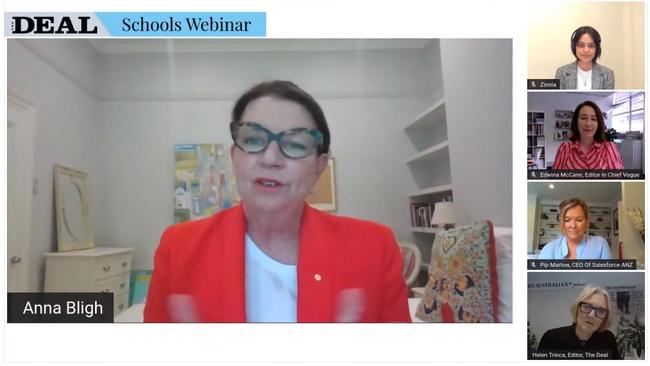
Hundreds of Year 11 girls linked in during a special event webinar to hear The Deal editor Helen Trinca in conversation with Anna Bligh, CEO of the Australian Banking Association; Pip Marlow, CEO of Salesforce; Edwina McCann, editor in chief of Vogue; and scientist and blogger Zinnia Kumar.
-
Watch the webinar:
Edited transcript:
What’s your advice to students about ensuring success at work?
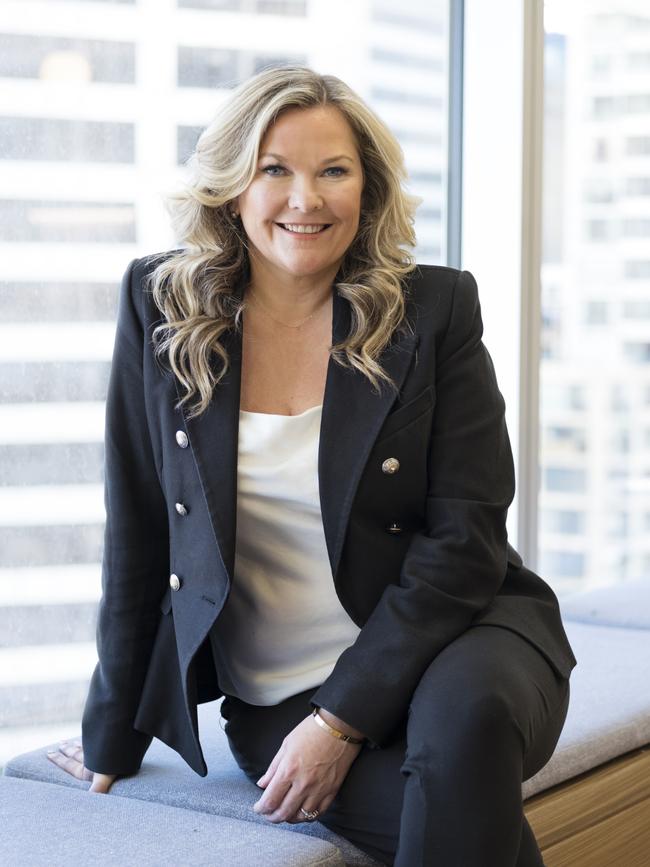
Pip Marlow: I know you’re at school right now and you are doing maths and English and sciences – and those are fantastic – but actually, also, you’re learning how to learn. Many of the jobs of the future don’t exist right now, so the skills you’re learning right now are to be a lifelong learner. So, take advantage of learning how to learn, basically. You have an incredible opportunity right now to build resilience, risk taking, critical thinking. Those are all skills that, when you’re in any industry, will help you be resourceful, have an impact. Think about those other types of capabilities and, ultimately, take some risks, because at the end of the day we will all try things, we’ll all fail. Realise you don’t have to do things perfectly. You don’t have to check every box in job description when you apply for a job.
Edwina McCann: Don’t be afraid to fail. I know in my career some of the times I’ve learnt the most, and in fact when things have been accelerated, is when I’ve been challenged and, indeed, sometimes when I have failed. Obviously, embracing technology. Every career is going to be in some way impacted by technology in the future and you need to be literate, at the very least, so that you’re well prepared for future leadership roles. Watching my daughters the other day – and they’re in Year 9 – this struggling with perfection ... I’m a little worried about how much potentially that has been influenced by social media. I think being able to walk up to your teacher and say, “You know what? I’m just not getting this maths. Do you think you could help me?”. Really embracing the “I don’t know – would you mind explaining?” in the workplace is essential. And not allowing your ego or your pride to get in the way of that.
Anna Bligh: Most of us end up, these days – and it’s going to be more so in the future – doing lots of different things. So, the importance of just being very open to new directions and new opportunities that might take you somewhere you never imagined. I think that whole issue of fear is still a really important one for women and girls, and I would probably characterise it as don’t be too fearful of failure. If I had to talk about the times in my life I have learnt the most, it’s when something’s gone wrong. Most successful people would say they’ve learnt as much from failure along the way. And the last thing I’d say is that success isn’t just about your working life. There are big decisions that we all make as adults in things like, will we become parents? The decision about family. The opportunities you take to go and travel, to take some time off, to learn a musical instrument. When I look at the most successful people, there are other things in their life that they’re passionate about. Success has to be a multifaceted thing.
Zinnia Kumar: I think it’s all about being persistent and if there’s ever a rejection or failure, don’t worry, because rejection is a temporary state – you can always change it. It’s also about staying curious and challenging everything you think and the way you think about things.
-
Tell us about your own careers. Anna, when did you decide you wanted to be premier of Queensland?
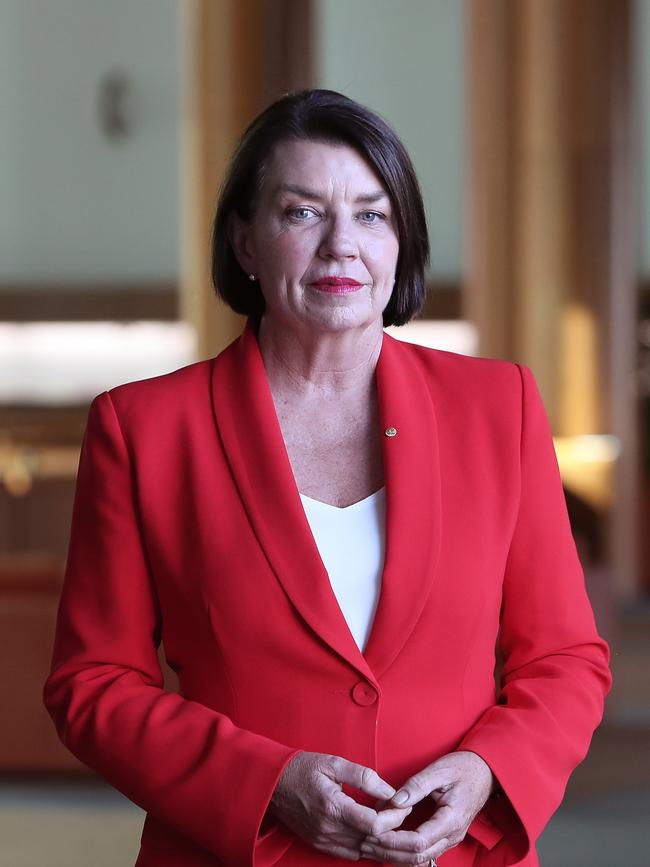
Anna Bligh: When I was sitting in Year 12, there were no women in politics in Australia, in any situations of prominence. So, I never imagined that that was something that would be part of my life. I did become very interested in politics when I was at university but I started off in a social work degree. I changed to a more broad humanities degree. I then went and worked in a women’s refuge, in a family and children’s centre, mostly in social welfare and community services, and that’s where I thought I would spend my working life, but I got more and more involved in politics. An unexpected opportunity came up and I was encouraged by a lot of people – mostly a lot of women in the party – to put myself forward. That train stopped at the station. It came at a very inconvenient time. I had a 10-month-old baby when I had to make the decision and that baby was 20 months old when I was elected. And I’ve thought: What is it in yourself that makes you put yourself forward for those leadership positions? I don’t know that I can fully define it but I know that, even in school, I was the one putting my hand up. I’ll do that. Can I have that? I’ll try this.
Pip Marlow: I fell into IT by chance and stayed in it by choice. I took my first job in an IT company. I had two job offers. One in banking and one in IT, and I took that first job because it paid $500 more than the other. I took my first job for money and the company I worked for was terrible, the culture was terrible and I left. And so, the first thing I’d say is, money won’t make you happy. You need to find a career where you are treated with respect and you can contribute and do the best work of your life, and just taking a job for money was an early mistake I made, but it did introduce me to technology. I love this technology thing because it’s allowed me to work in every single industry. Technology helps education, healthcare, retail, fashion. I was doing a start-up before Microsoft and I had this really brilliant business idea that I was trying to sell to Microsoft, and I was so brilliant that I couldn’t get them to do it, but I kept coming back and knocking on their door, trying different ways. And they finally said, “Look, we like what you’re doing but we don’t like how you’re doing it. So, why don’t you come and work for us and try and fix it from this side?”. So, what they saw in me was just this tenacious, go-getter. I worked there for 21 years. Eight of them in the US, but it wasn’t until maybe halfway through my time at Microsoft that I had the ambition that I could declare to run Microsoft Australia and become the MD. I struggled to actually declare that ambition because I thought if I told people that that’s the job I aspire to, that I wouldn’t be a team player or maybe I would come across as arrogant.
Zinnia Kumar: I was five years old and addicted to David Attenborough. I knew I wanted to go down the conservation route. I went to university and I studied ecology and I became a conservation biologist. I loved science so I knew I wanted to kind of stay in the field, so I decided on human evolutionary psychology, particularly human attraction and why we perceive people the way we do. I ran some research projects and published papers. And then I felt I wasn’t really helping anyone. So, I became a youth ambassador for the Department of Foreign Affairs, and I went to Thailand and I was teaching English, and I met some five-year-old girls. And it was really sad because they told me they weren’t beautiful because of the colour of their skin. They weren’t light skinned like the celebrities on TV, and I realised that was colourism. When I came back to Australia I wrote a research proposal and I sent it off to the University of Oxford, and I started to research colourism and how to combat this, because it really was disempowering women. I started working on a documentary to do with colourism, and then I also realised I could combine science with my interest in fashion and social issues. I started a consultancy called The Dotted Line that combined all of these interests .
-
How important is it to be careful of posting on social media?
Pip Marlow: We need to be very aware of our digital footprint … it’s about your behaviours, your values, it’s what you stand for. Social media has been an incredible tool, too. When you think about Black Lives Matter, when you think about the #MeToo movement, social media is a platform for us all to have a voice and drive change. So, I don’t want to say, to my kids or employees, don’t use social media. I say, be thoughtful about it. Use it for good.
Anna Bligh: There is a growing acceptance that some of what people might see on social media over a long period of time on someone’s digital footprint doesn’t necessarily tell you much about them today. But be careful, and remember that this is what you’re telling the world about who you are. But there are so many other ways that people will judge you as well. It’ll be: What did you say in the interview? What did you bring to the opportunity? So, you know if you do make a terrible mistake and there is some shocking thing out there, don’t let it defeat you.
-
What advice would you offer our audience about sexism at work?
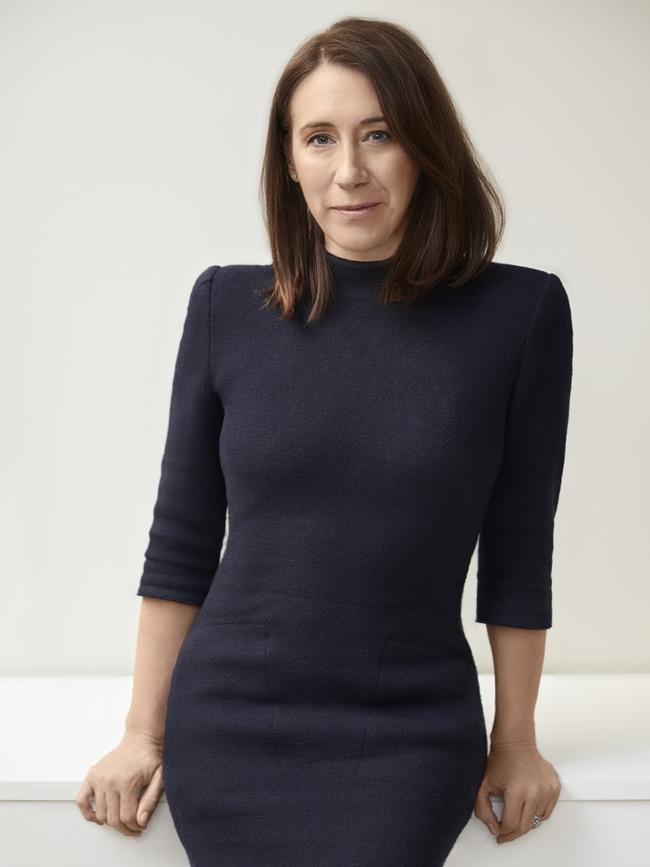
Edwina McCann: I’ve had a few advisory board positions and board positions where they really want female voices, they’re actively searching. So, I’m hopeful that by the time you’re all a little older, we won’t need to discuss sexism. But the reality is, yes, it still does exist in the workforce. It’s also a way for people of my generation, of needing to almost retrain some of our minds, certainly for me, having worked in fashion which … certainly in the newspaper industry, when I was growing up, was women’s business. You know, on those funny little pages over there. It was quite difficult to be taken seriously as a businesswoman within a media organisation, you know, running businesses that make money. It’s not just about women talking about a length of a skirt line. So certainly I’ve experienced it as I’m sure everyone on this panel has, but I do think it is changing.
Zinnia Kumar: Generally speaking, I feel like there’s a lot more space for me to speak up and people are making more room for females in general to speak, but in terms of science, I feel like it’s still very male dominated.
-
What is the legacy of COVID-19, especially for women?
Anna Bligh: We’ve already seen women very disproportionately impacted by the loss of jobs and the loss of hours in the workforce, and I think that that’s going to have a more prolonged impact than we might’ve thought in the beginning. I think everyone thought we’d have this sort of V-shaped recovery and it would all be fixed pretty quickly. I think what we’re now seeing is that those people who are unemployed may well be unemployed for a much longer period, or those businesses that are still either closed or only open part of the time, are going to experience that for quite a while. If that happens over a two to three-year period, for those women who are either completely out of the workforce or back to 10 hours a week instead of 30, that has a big impact over a working life. It impacts on your superannuation. It impacts on your earning ability. It impacts on your confidence. It impacts on your ability to get back into the workplace. On the positive side, corporate Australia particularly but all parts of the economy have learnt a lot more about working from home ... and I don’t think we’re going to go backwards on that.
-
What’s the best thing that ever happened to you in your career?
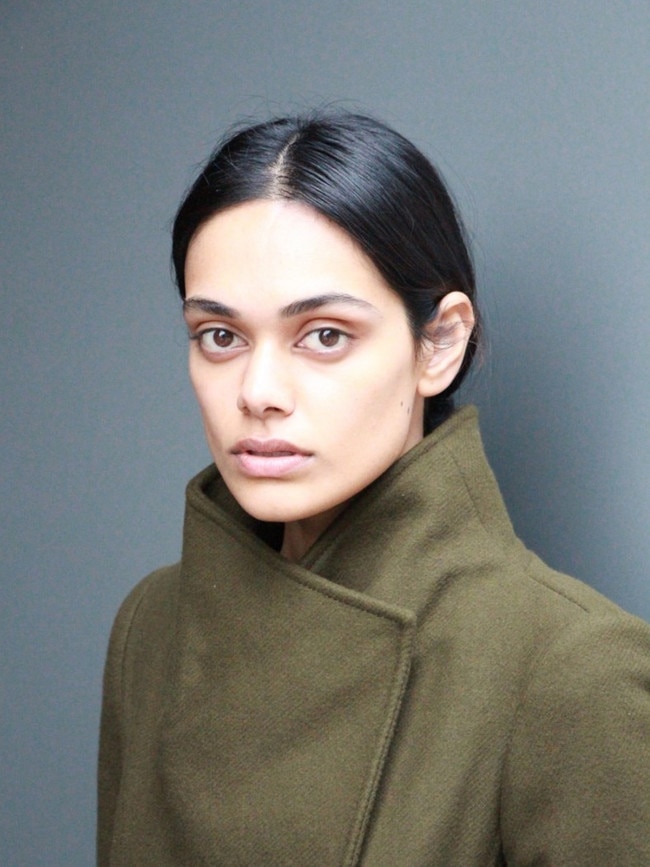
Zinnia Kumar: I was working as a motivation speaker and running a workshop at university. A young Indigenous girl came up to me and she said “I’m too stupid to go to university”. When you hear something like that it breaks your heart, so throughout the day, we empowered all the girls. At the end of that day she said, “There’s a space for me at university; I think I can go”. That was probably the best day of my life.
Pip Marlow: I spent some time mentoring out in a school in a disadvantaged community and where a lot of people are dealing with second and third-generation unemployment, first language at home not English, and actually talking to a group of young women about what is possible. And those are the moments, when you know you had an impact on somebody’s life like that, that makes everything you do worthwhile. The other element I would say is, all the really crappy moments at work. The best things I’ve ever done at work were not easy. So, shorten the distance from the pain to the joy.
Edwin McCann: It was probably Vogue Codes – our program to encourage young women to engage with careers in technology and to think about things differently, and a mother actually wrote to me and said, “I brought my teenage daughter, who was passionate about fashion but actually very good at math, to one of your events, and she was saying she was going to give up maths prior to the event, and by the end of it she said, ‘You know what? I’m going to stick with my maths’.”
Anna Bligh: I think I would probably say it was the day that I was sworn in as the first woman to be the premier of Queensland, and I was sworn in by Quentin Bryce, who was then the governor of Queensland and later became Australia’s first female governor-general. Both Quentin and I felt at that moment … “I am making history”, and it’s an incredible feeling.



